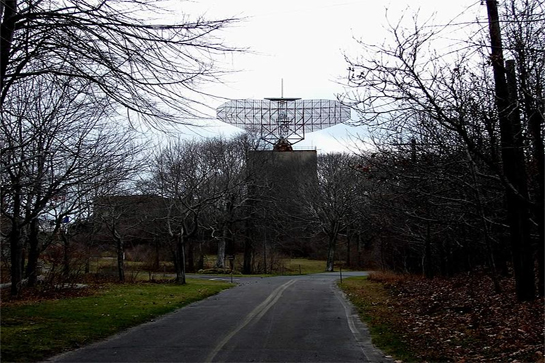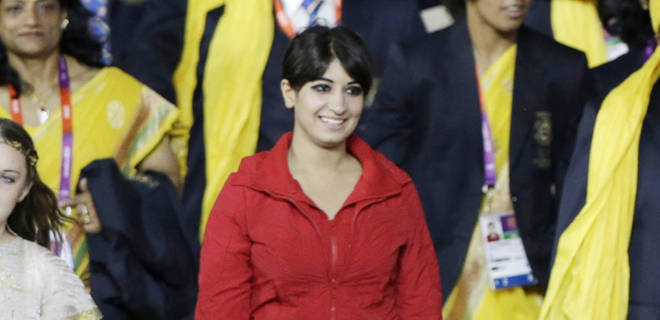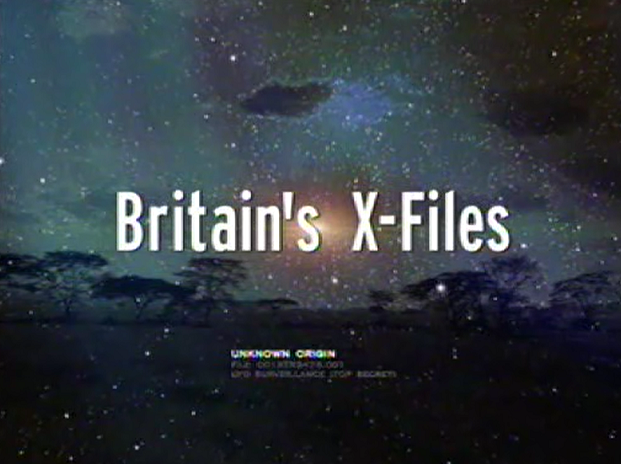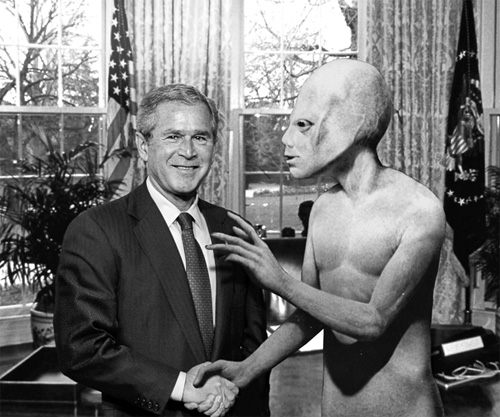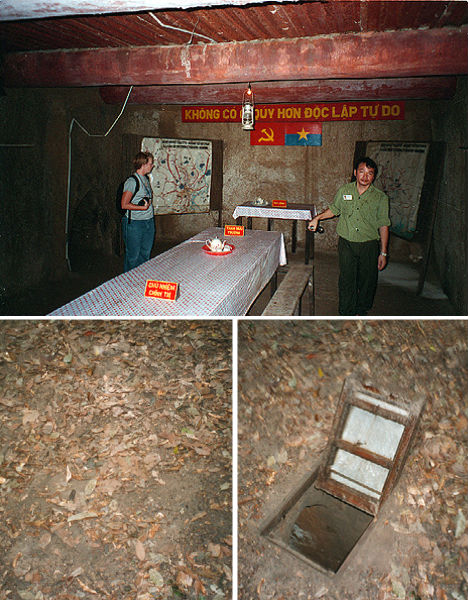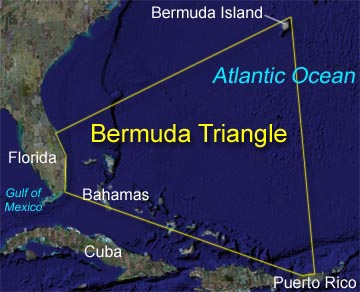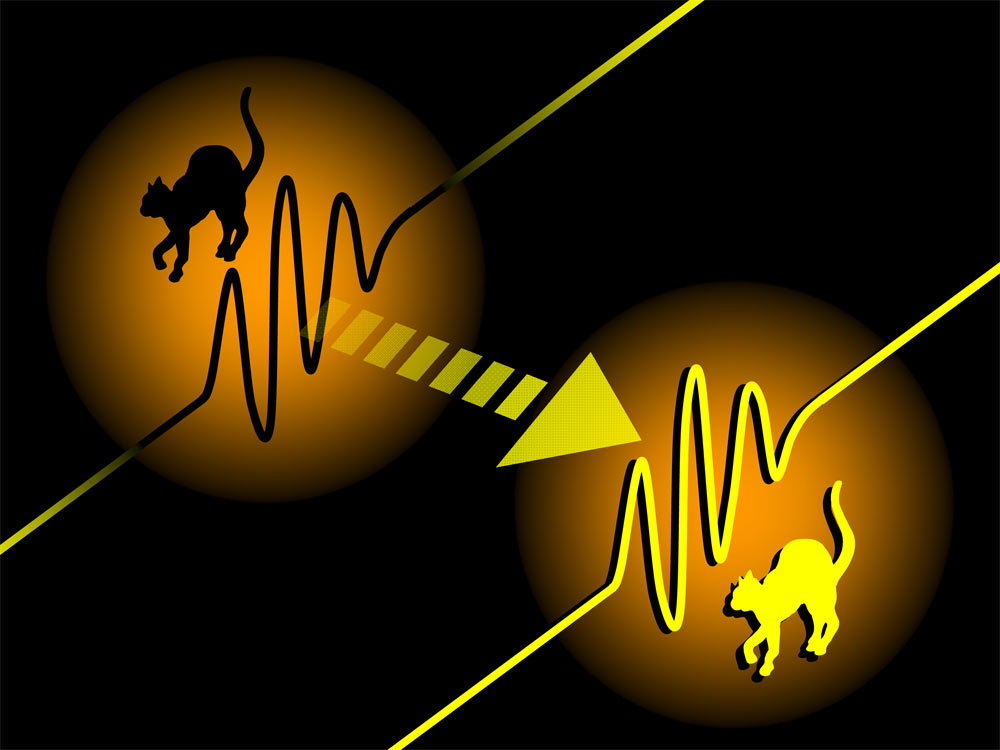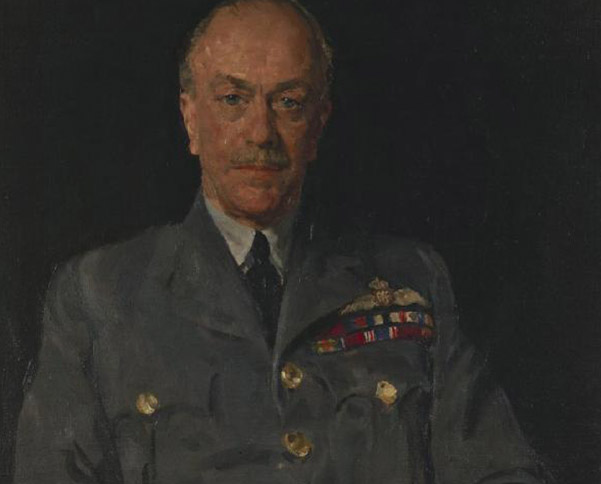
In 1935, Air Marshal Sir Victor Goddard of the British Royal Air Force had a harrowing experience in his Hawker Hart biplane. Goddard was a Wing Commander at the time and while on a flight from Edinburgh, Scotland to his home base in Andover, England, he decided to fly over an abandoned airfield at Drem, not far from Edinburgh.
The useless airfield was overgrown with foliage, the hangars were falling apart and cows grazed where planes were once parked. Goddard then continued his flight to Andover, but encountered a bizarre storm. In the high winds of the storm’s strange brown-yellow clouds, he lost control of his plane, which began to spiral toward the ground. Narrowly averting a crash, Goddard found that his plane was heading back toward Drem.
As he approached the old airfield, the storm suddenly vanished and Goddard’s plane was now flying in brilliant sunshine. This time, as he flew over the Drem airfield, it looked completely different. The hangars looked like new. There were four airplanes on the ground: three were familiar biplanes, but painted in an unfamiliar yellow; the fourth was a monoplane, which the RAF had none of in 1935.
The mechanics were dressed in blue overalls, which Goddard thought odd since all RAF mechanics dressed in brown overalls. Strange, too, that none of the mechanics seemed to notice him fly over. Leaving the area, he again encountered the storm, but managed to make his way back to Andover.
The True Mystery
It wasn’t until 1939 that that the RAF began to paint their planes yellow, enlisted a monoplane of the type that Goddard saw, and the mechanics uniforms were switched to blue. Had Goddard somehow flown four years into the future, then returned to his own time?
The Smirking Airman

Goddard’s first venture into the world of the unexplained involved a photograph. In 1975, the seventy-eight year old retired Air Marshal Sir Victor Goddard published the story of a photograph that he had kept for many years. It was a group photograph of his squadron. It was taken in early 1919 at the end of World War I and portrayed some 200 men and women who survived the fighting.
It was an official RAF photograph. Nobody could have tampered with either the photograph or its negative at any time. When the photo was developed, it was placed on the squadron bulletin board so that those who wanted copies could sign up for them. There was one thing wrong, though. There was an extra face in the photograph, a face belonging to the late Airman Freddy Jackson. Jackson was a mechanic, who died by heedlessly walking into a spinning propeller two days before the squadron, which was to be disbanded, posed for the photo. In fact, his funeral took place on the day the squadron gathered for the photo. In the photo (above), everyone is wearing a hat but Jackson. Everyone is looking grim except Jackson, who is smiling enigmatically. The others had reason to look grim-they had just returned from Jackson’s funeral.
Is the face in the photo really that of Jackson’s spirit? Goddard and others of the squadron were convinced that it was. Goddard, in his book Flight Towards Reality, suggests that Jackson’s expression seemed to say: “My goodness me-I nearly failed to make it-They didn’t wait, or leave a place for me, the blighters!”
Originally posted 2013-10-15 18:05:49. Republished by Blog Post Promoter

![victor-goddard[1]](https://coolinterestingnews.com/wp-content/uploads/2013/10/victor-goddard1.jpg)
